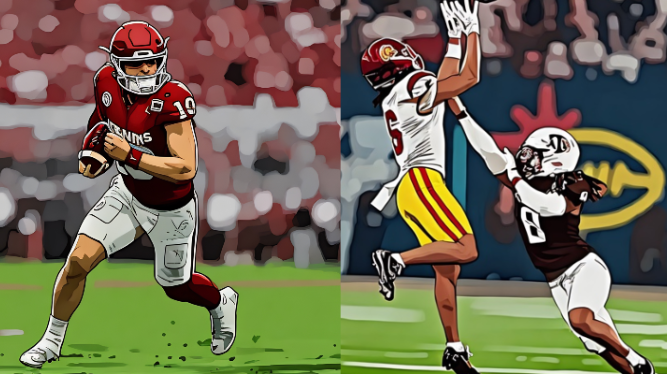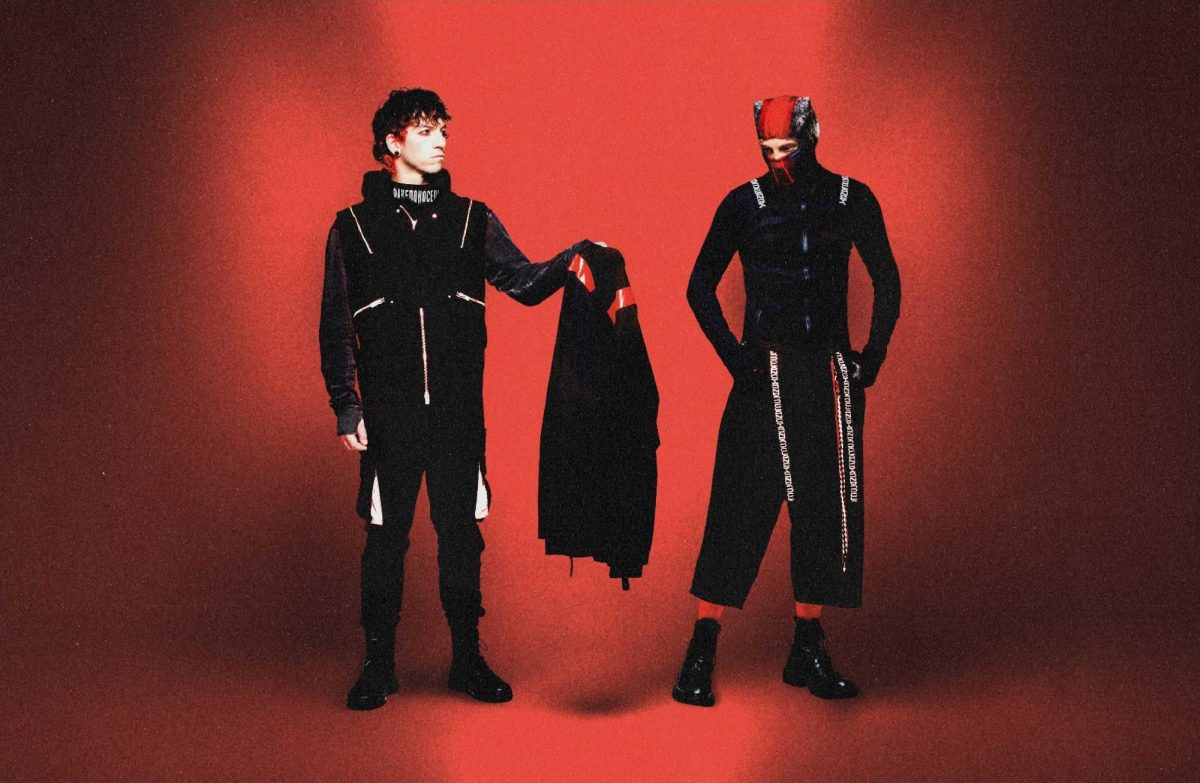Esports are undeniably a serious competitive pastime. Players train for hours, with minimal breaks and some stream their gameplay to millions. However, while the competition is real, calling esports a sport stretches the conventional meaning of the word.
A sport, by definition, involves physical exertion and athletic performance activities like running, throwing, or physically reacting in real-world environments. Esports, while mentally demanding, take place in a digital space where the main physical skill is hand-eye coordination through a controller or keyboard.
Let’s consider the difference between a professional basketball player and a professional gamer. The basketball player trains their entire body to perform under physical strain.
“Basketball definitely forces me to work my whole body,” sophomore Nikhil Pediredla said. “I think that in order to succeed in any real sport, you have to consistently stay in the gym and practice your craft. Your whole body has to work together to help you succeed.”
A gamer, on the other hand, trains primarily their reflexes, memory and mental endurance. Both have their difficulties, but fundamentally test different kinds of abilities.
“I solve Rubik’s cubes and I would call them quite similar to esports,” sophomore Adyant Borhade said. “You have to work on your mental acuity and processing speeds, yet I wouldn’t really call it a sport because you aren’t breaking a sweat.”
While the physical component may strongly differ, esports do share a lot in common with regular sports. For example, professional gamers can also make a lot of money. The highest paid gamer, N0Tail, has made over seven million dollars in his career. However, the real money comes from sharing that gaming experience with people. Just like athletes perform in front of millions of people in an arena, “streamers” play video games with live audiences that also amass millions.
The real success of a streamer isn’t solely related to their pure ability in gameplay, but rather the rapport they develop with their viewers. Popular streamers who play games such as Fortnite or Minecraft are known for their unique personalities. It’s similar between sports and esports — people come for the gameplay/performance and stay with their favorite streamers and players for their personas.
“Lebron is my favorite basketball player,” Pediredla said. “He’s obviously a great player but he’s a role model off of the court and also really funny.”
Similarly, Borhade’s favorite streamer used to be NickEh30.
“NickEh30 is pretty good at Fortnite,” Borhade said. “I used to watch him a lot when I was younger because he is also family friendly so anybody could watch him.”
Overall, both esports and sports share the spirit of competition and the large fanbases found in athletics, yet they should be in a separate category. Instead of trying to fit esports into the sporting world, we can redefine these competitions to recognize that mastery doesn’t always require a field, a ball or physical exhaustion to be meaningful.










